The Power of Frozen
Frozen food is good news for customers and for the planet. Freezing is nature’s pause button - an entirely natural process that allows us to capture food in its peak condition as soon as it is picked, caught or made.
Quality and value
Academic studies have demonstrated that frozen fruit and vegetables typically contain more vitamins and antioxidants than “fresh” ones that have spent days, often weeks, in the supply chain. What’s more, freezing minimises the need for artificial preservatives and other additives used to prolong the shelf life of chilled food.
Frozen fish really is fresher than “fresh” fish that has either spent days making its way to the supermarket or, more typically, has been frozen at sea and then defrosted for sale as “fresh” at a premium price. Rapid freezing produces a vastly superior result to anything consumers can achieve by freezing fresh products at home, hence the much longer shelf life it can offer (Source: Frozen food facts).
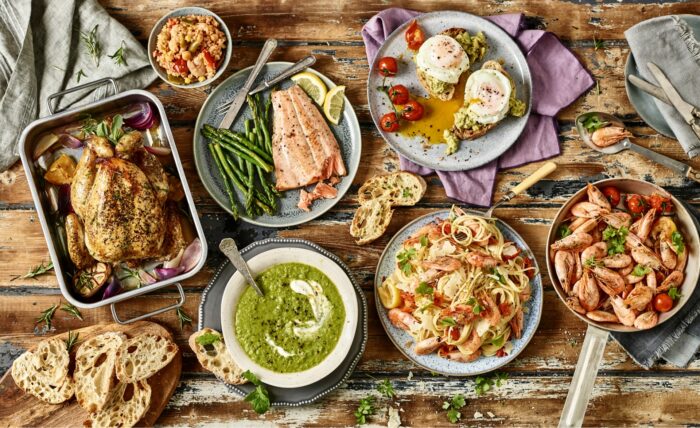
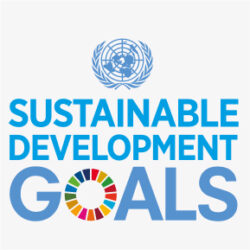
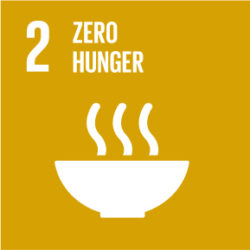
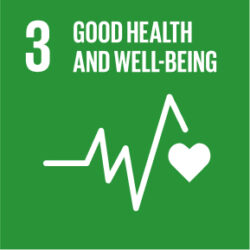
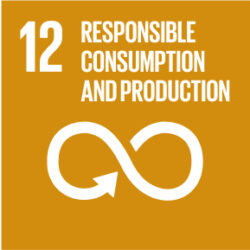
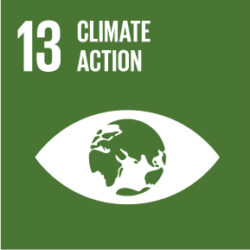
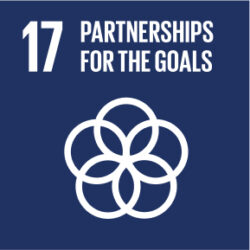
Reduced waste
Frozen food saves on waste in the production process because everything can be frozen within its growing season, and it uses production runs that are long and efficient. It then has a much longer shelf life than fresh food, so minimises waste in the supply chain and customers’ homes. Also, because frozen vegetables are usually peeled, chopped or diced, we use ‘wonky veg,’ avoiding waste caused by the quest for perfect-looking vegetables in fresh displays.
Choosing frozen can significantly reduce food waste in the home – in 2018 a study by Manchester Metropolitan University showed that British families could reduce waste by almost half (47.5%) by eating frozen food.
The study found that cooking frozen food was significantly better value and there was considerably less waste, with many families agreeing that their frozen meals were as good as, or better than, fresh. When it came to cost, 18 out of 20 families found frozen to be better value than fresh, with an average saving of 29.9%. Across the study there was a total saving of £752.43 when using frozen (£1,764.01 compared to £2,516.44), with the average cost saving per family being £37.62.
'Fridgeable' labelling
Iceland’s innovative ‘Fridgeable’ labelling enables greater access to our frozen food for the estimated 1 in 10 households (more than 6 million people) in the UK who don’t have access to a freezer.
Fridgeable labelling shows which of our frozen foods can be put straight into the fridge and how long those foods can be kept in the fridge after defrosting. It also helps families living without a freezer, or with far too little freezer space, to save money by accessing frozen food, which is often cheaper than the fresh equivalent.
Research shows the average family weekly food shop is £60, however a family without the right appliances can expect to spend 43% more because they cannot buy in bulk or buy frozen goods. Unlocking the Power of Frozen food has the potential to save families over £1,000 a year and our aim is to make that potential a reality by making the Fridgeable logo and various other assets freely available to other retailers and brands.
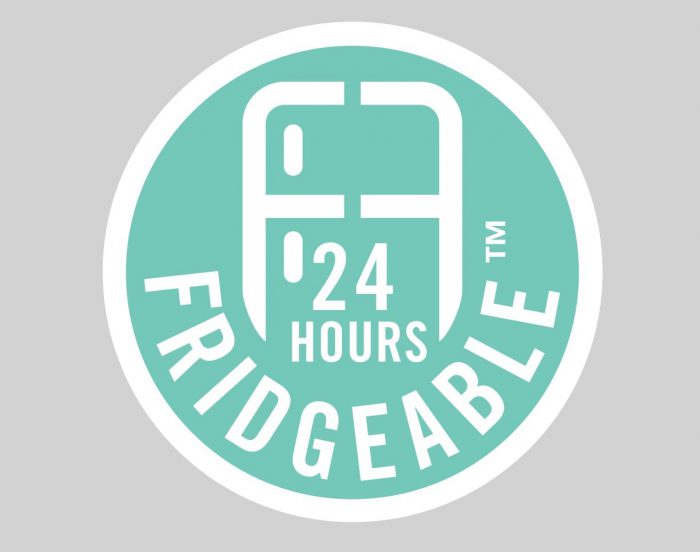
Use of air frying
23 million people are going to be unable to meet the everyday cost of living including an extra £693 per year for energy.
Iceland is leading the way by providing specific cooking times on packaging for the use of air fryers as opposed to just conventional ovens on hundreds of products. Air frying uses superheated circulating hot air to cook food quickly without excess fat. It is a healthier, significantly cheaper and more efficient way to cook food. It’s up to 50% quicker and saves over 80% on the energy cost compared with a conventional oven.